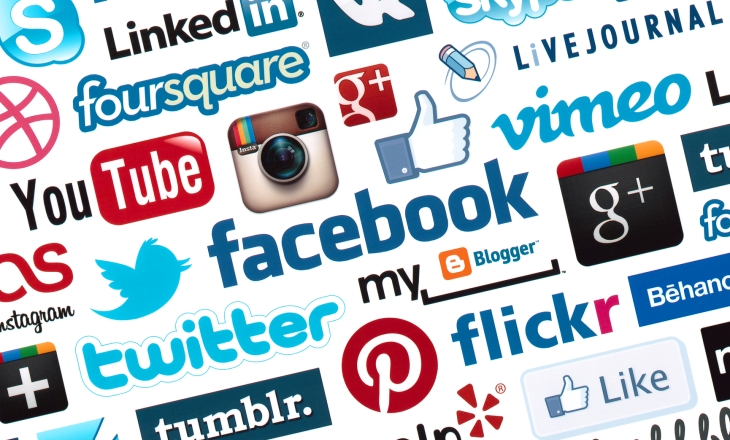Online networking can play a positive role in subjective well-being through its impact on physical social interactions. Can, of course. But, the overall effect of networking on individual welfare is significantly negative. That's because participation in social networking sites (SNS) might destroy social trust, while on the other hand, face-to-face interactions are positively associated with happiness, and online networks are not.
Researchers Fabio Sabatini and Francesco Sarracino, for their study 'Online networks and subjective well-being', surveyed a fairly large sample of 24,000 Italian households (which they estimated to represent about 50,000 people) and asked them to rate how they feel about their life and whether or not they trust others on a 0-10 scale.
Sabatini and Sarracino wrote, "The role of online networks in the development of interpersonal relationships and in the preservation of social cohesion suggests that individuals and communities who do not have access to the Internet – due, for example, to the absence of DSL or fibre infrastructures, or to lack of the skills required to participate in SNSs – may increasingly suffer from difficulties in social integration. From this point of view, the digital divide is likely to become an increasingly important factor of social exclusion, which may exacerbate inequalities in well-being and capabilities. A straightforward policy implication of this issue is that public institutions should ensure equal opportunities for connecting to fast Internet across regions (e.g. urban vs. rural), age cohorts, and social classes."
Online networking does expose individuals to the risk of worsening people’s trust in others and therefore people’s life satisfaction. "This finding suggests the need to update social networking sites’ policies against hate speech and aggressive behaviours, as already requested by a growing number of advocacy groups, particularly focusing on gender- or race-based hate," the researchers concluded.
The explanation goes something like this: The detrimental effect on trust in others may be interpreted as a consequence of users’ interaction with unknown people on Facebook, Twitter, and commenting platforms such as Disqus. "These platforms, in fact, create rooms for discussion in which selection mechanisms are weak or absent, differently from what happens in face-to-face interactions where we usually select a narrow circle of well-known friends and acquaintances to discuss political and moral issues," they contended.










